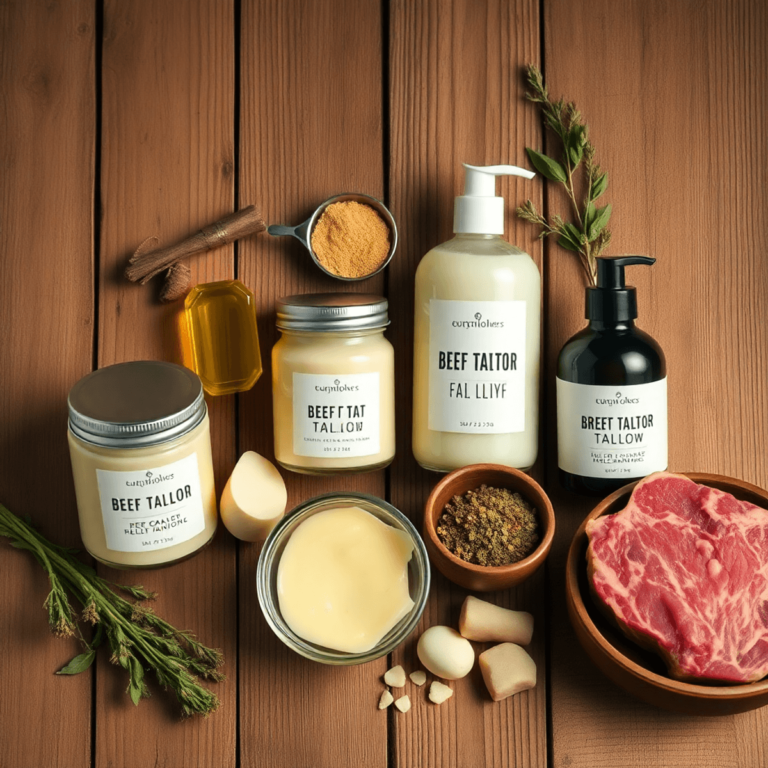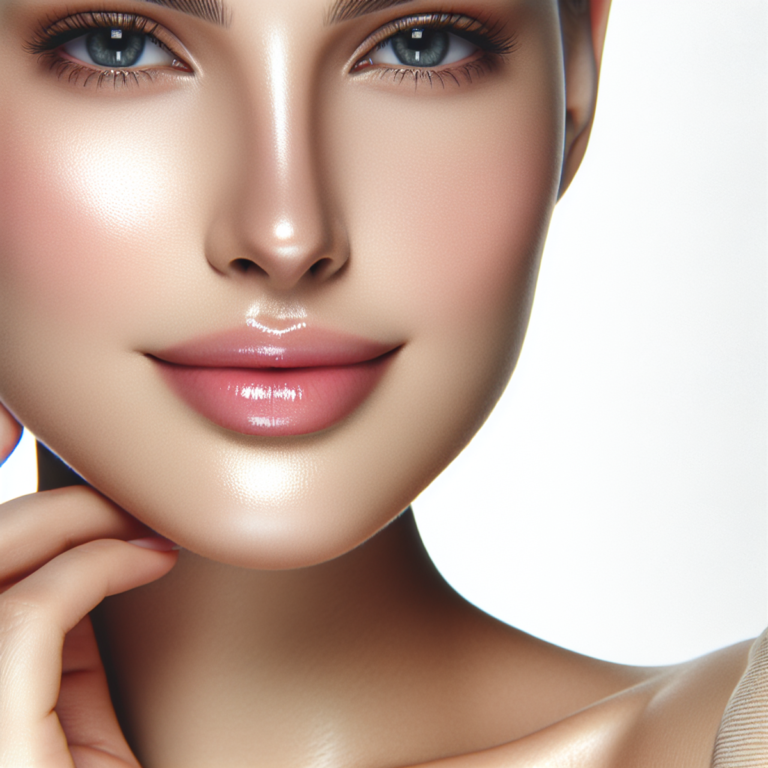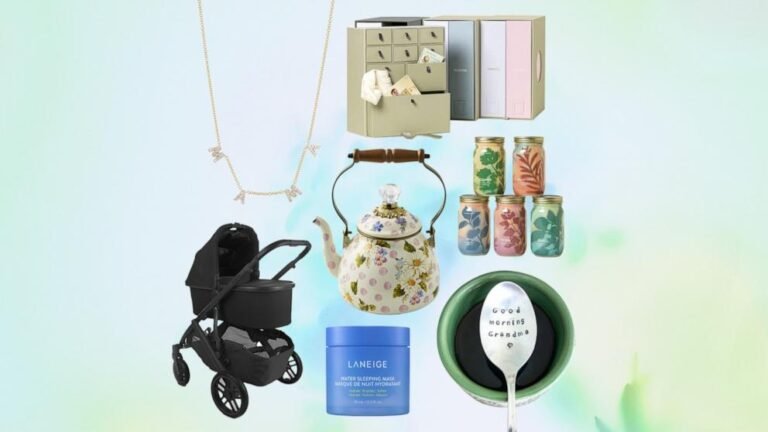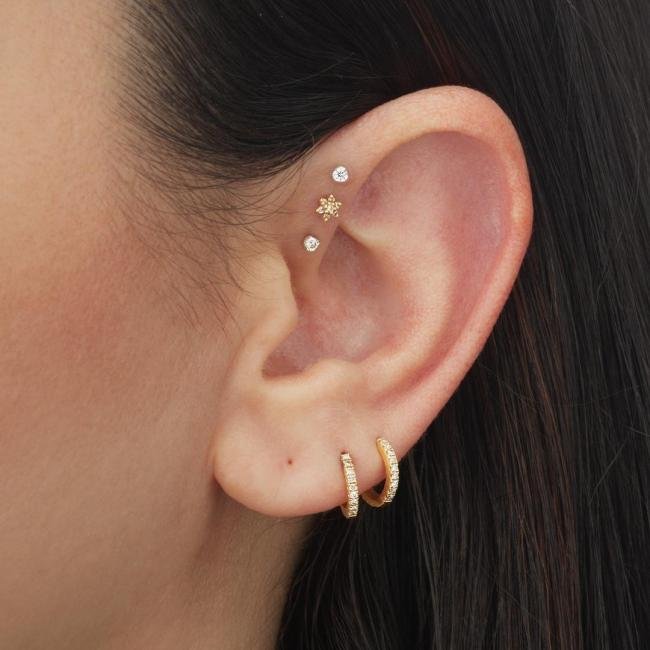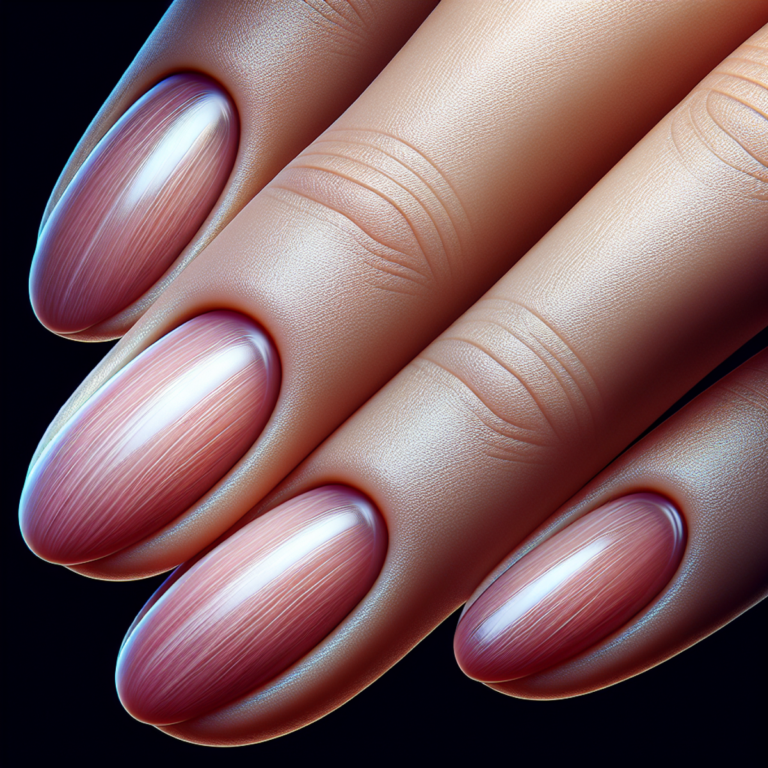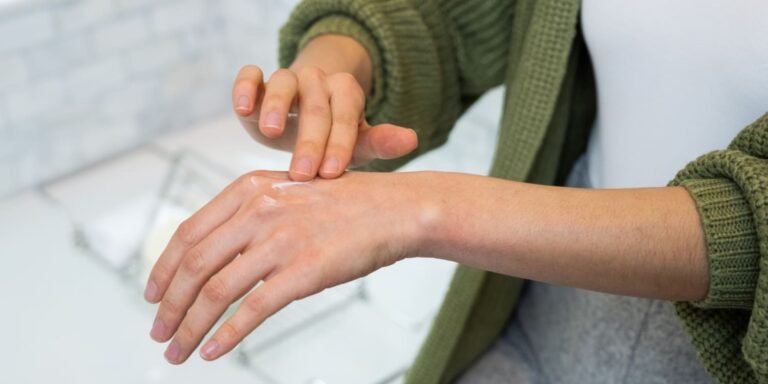How to Get Rid of Pimples: Causes, Care and Prevention
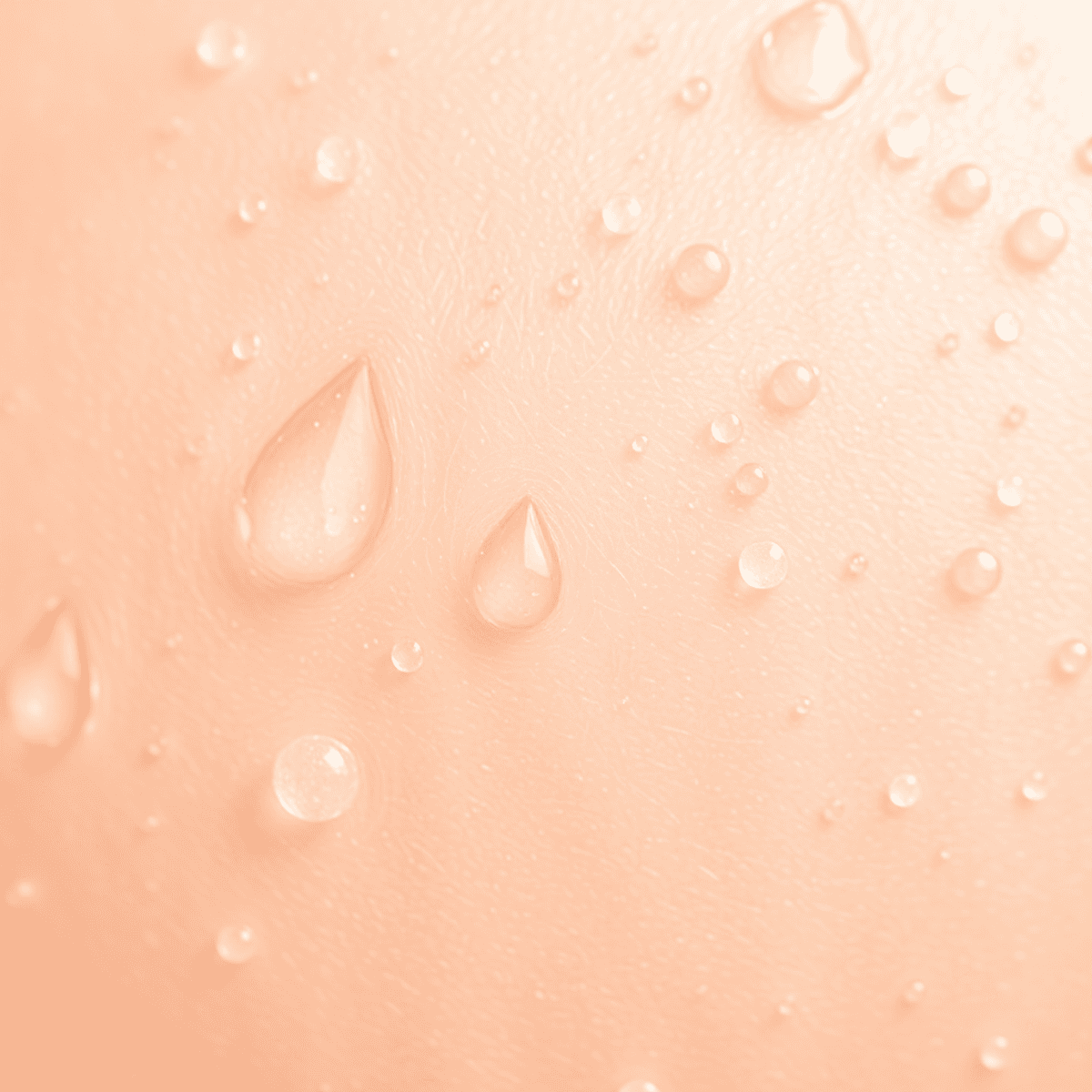
Introduction
Pimples – those unwanted, often painful bumps that appear on your skin at the most inconvenient times. These small, inflamed spots develop when your skin’s pores become blocked with oil, dead skin cells, and bacteria. You’re not alone in this struggle; studies show that up to 85% of people experience acne at some point in their lives.
Understanding the root causes of pimples is crucial for effective treatment. Your skin’s health reflects various internal and external factors, from hormonal changes to daily habits. Each pimple tells a story about your body’s response to these influences, making it essential to recognize the triggers that affect your skin.
This comprehensive guide walks you through:
- The science behind pimple formation and different types of acne
- Proven strategies for treating existing breakouts
- Essential prevention methods to maintain clear skin
- Smart lifestyle choices that support skin health
- Common mistakes to avoid in your skincare journey
- Signs that indicate when to seek professional help
Armed with the right knowledge and tools, you can take control of your skin’s health. Let’s explore the most effective ways to combat pimples and achieve the clear, confident complexion you deserve.
Understanding the Causes and Types of Pimples
Your skin‘s biology plays a crucial role in pimple formation. Let’s dive into the specific factors that trigger these unwanted blemishes and explore their various types.
Hormonal Influences on Pimple Formation
Hormonal changes directly affect your skin’s sebaceous glands, particularly during:
- Puberty: Increased androgen production stimulates excess oil secretion
- Menstrual cycles: Fluctuating estrogen and progesterone levels trigger breakouts
- Pregnancy: Shifting hormone levels can cause skin changes
- Stress periods: Cortisol spikes enhance oil production
The Role of Bacteria and Clogged Pores
P. acnes bacteria thrive in your pores when conditions are right. Here’s the typical progression:
- Excess oil production creates an ideal environment for bacterial growth
- Dead skin cells mix with oil, forming a plug in the pore
- P. acnes multiply rapidly in the oxygen-free environment
- Your immune system responds with inflammation
Different Types of Pimples
Non-Inflammatory Acne
- Whiteheads: Closed comedones with trapped oil and dead skin cells
- Blackheads: Open comedones where trapped material oxidizes, turning dark
Inflammatory Acne
- Papules: Small, red, tender bumps without visible pus
- Pustules: Red bumps with white or yellowish pus centers
- Nodules: Large, painful bumps deep under the skin
- Cysts: Deep, pus-filled lesions that can cause scarring
The Inflammation Process
Your skin’s defense mechanism triggers a complex response when dealing with acne:
- White blood cells rush to the affected area
- Blood flow increases, causing redness
- Swelling occurs as part of the healing process
- Pain receptors activate due to pressure and inflammation
Understanding these biological processes helps you identify the type of acne you’re dealing with and choose appropriate treatment methods. The severity and type of your pimples will determine the most effective care strategy.
For instance, the inflammation process plays a key role in determining the type of acne and its severity, which in turn influences the treatment approach.
Effective Care Strategies for Managing Pimples
A consistent skincare routine forms the foundation of successful pimple management. Your daily regimen should include cleansing, treating, and protecting your skin through targeted products and techniques.
Building Your Basic Skincare Routine
Morning Routine:
- Gentle cleansing
- Treatment application
- Moisturizer
- Sunscreen
Evening Routine:
- Double cleansing (if wearing makeup)
- Treatment application
- Night moisturizer
Selecting the Right Cleanser
Your skin type determines the most effective cleanser for your needs:
- Oily Skin: Gel-based or foaming cleansers with salicylic acid
- Dry Skin: Cream-based cleansers with ceramides
- Combination Skin: Mild, balanced-pH cleansers
- Sensitive Skin: Fragrance-free, hypoallergenic formulas
Warning: Over-washing strips your skin’s natural oils, triggering increased oil production. Limit washing to twice daily, using lukewarm water.
Understanding Treatment Options
Different active ingredients target specific aspects of pimple formation:
Benzoyl Peroxide
- Kills acne-causing bacteria
- Available in 2.5%, 5%, and 10% concentrations
- Best used for inflammatory acne
- Apply at night to prevent sun sensitivity
Salicylic Acid
- Unclogs pores
- Reduces inflammation
- Ideal for blackheads and whiteheads
- Can be used morning or night
- Available in concentrations up to 2%
Topical Retinoids
- Increases cell turnover
- Prevents clogged pores
- Start with lower concentrations (0.025%)
- Apply at night only
- Build tolerance gradually
Treatment Application Guide
Morning Treatments:
- Light, water-based products
- Salicylic acid treatments
- Spot treatments for active breakouts
Evening Treatments:
- Stronger active ingredients
- Benzoyl peroxide
- Retinoids
- Treatment masks
Treatment Combinations
Lifestyle Changes to Prevent Pimples
Your daily habits are essential in managing acne-prone skin. Here are some key lifestyle changes that can help prevent pimples from forming.
How Your Diet Affects Your Skin
What you eat can have a significant impact on your skin health. Here are some foods to limit or avoid, as well as skin-supporting foods to include in your diet:
Foods to Limit or Avoid:
- High-glycemic foods like white bread and sugary snacks
- Dairy products, especially skim milk
- Processed foods with artificial additives
- Foods high in saturated fats
Skin-Supporting Foods:
- Leafy greens rich in vitamins A and C
- Omega-3 fatty acids from fish and nuts
- Zinc-rich foods like pumpkin seeds
- Antioxidant-packed berries
- Probiotics from fermented foods
Managing Stress for Clearer Skin
Stress can trigger hormonal changes that lead to increased oil production and inflammation, resulting in breakouts. Here are some effective stress-relief techniques you can try:
Effective Stress-Relief Techniques:
- Deep breathing exercises (5 minutes, 3 times daily)
- Regular yoga practice
- Mindfulness meditation
- Progressive muscle relaxation
- Regular physical exercise
- Adequate sleep (7-9 hours nightly)
Protecting Your Skin from the Sun
UV exposure can worsen acne scarring and affect your skin’s oil production. It’s important to protect your skin from the sun to maintain its health and prevent dark spots. Here are some essential sun protection tips:
Essential Sun Protection Tips:
- Apply broad-spectrum SPF 30+ sunscreen daily
- Choose non-comedogenic formulations that won’t clog pores
- Reapply sunscreen every 2 hours when outdoors
- Wear protective clothing and wide-brimmed hats
- Seek shade between 10 AM and 4 PM when the sun is strongest
Staying Hydrated and Active
Hydration and exercise also play a role in preventing pimples. Here are some guidelines for staying hydrated and best practices for exercising:
Hydration Guidelines:
- Drink 8-10 glasses of water daily
- Limit caffeine and alcohol intake as they can dehydrate you
- Include water-rich fruits and vegetables in your diet
Exercise Best Practices:
- Shower immediately after workouts to remove sweat and bacteria
- Wear breathable workout clothes to allow proper airflow
- Keep hair off your face during exercise to prevent sweat buildup
- Use a clean towel to wipe sweat during workouts
- Remove makeup before exercising to let your skin breathe
These lifestyle modifications
Makeup, Haircare, and Other Considerations in Pimple Management
Your makeup and hair care choices play a crucial role in managing pimples. The products you apply to your face and hair can either support clear skin or trigger breakouts.
Smart Makeup Choices
Non-comedogenic makeup products are specifically designed to prevent pore blockages. These products:
- Allow your skin to breathe
- Reduce the risk of bacterial growth
- Minimize oil accumulation
Recommended non-comedogenic makeup products:
- Mineral-based foundations
- Silicon-free primers
- Water-based concealers
- Powder-based blushes
Hair Care for Acne-Prone Skin
Your hair products can transfer onto your face during sleep or throughout the day. Select hair care items that won’t irritate your skin:
Products to avoid:
- Coconut oil-based shampoos
- Heavy conditioning masks
- Oil-based styling products
- Thick hair serums
Best practices for hair care:
- Keep hair tied back during sleep
- Change pillowcases weekly
- Wash hair regularly to prevent oil buildup
- Style hair away from face during workouts
Additional Considerations
Your daily habits impact your skin’s health. Implement these practical steps:
- Clean makeup brushes weekly
- Replace makeup products every 3-6 months
- Remove makeup before exercise
- Use fresh towels for face drying
- Keep phone screens clean
- Avoid touching your face throughout the day
Product Application Tips:
- Apply hair products with clean hands
- Keep styling products away from hairline
- Use makeup applicators instead of fingers
- Layer products lightly
- Allow each product to absorb before applying the next
These mindful choices in makeup and hair care create a foundation for clearer skin. Your consistent attention to product selection and application methods supports your skin’s natural healing process.
Common Mistakes to Avoid When Dealing with Pimples
Your hands carry bacteria that can worsen inflammation when you touch your face. Picking at pimples creates micro-tears in your skin, leading to:
- Prolonged healing time
- Post-inflammatory hyperpigmentation
- Permanent scarring
- Spread of bacteria to surrounding areas
- Deeper inflammation
The urge to pop a pimple might feel irresistible, but this action forces bacteria deeper into your skin, creating a cycle of recurring breakouts in the same spot.
Critical Skincare Routine Mistakes
1. Inconsistent Product Usage
- Switching products too frequently
- Skipping applications
- Using products at wrong times of day
- Mixing incompatible ingredients
2. Harsh Treatment Approaches
- Over-exfoliating
- Using hot water on face
- Applying treatments without patch testing
- Layering too many active ingredients
3. Poor Hygiene Habits
- Not changing pillowcases regularly
- Using dirty makeup brushes
- Touching face throughout the day
- Reusing unwashed face towels
Product Application Errors
Your skincare routine timing matters significantly. Many people apply products incorrectly:
- Using retinoids during daytime
- Applying sunscreen after moisturizer
- Missing wait times between active ingredients
- Skipping patch tests for new products
Environmental Factors
Certain habits create an environment for bacteria to thrive:
- Wearing sweaty workout clothes
- Using phones without sanitizing
- Keeping hair products near facial skin
- Sleeping with makeup on
Remember: healing takes time. Rushing the process through aggressive treatments or inconsistent care creates a cycle of skin damage that becomes increasingly difficult to repair.
When Professional Help Becomes Necessary for Persistent Acne Issues
You need professional dermatological care when your acne persists despite consistent use of over-the-counter treatments and proper skincare routines. Here are key indicators that signal it’s time to seek expert help:
Signs to Schedule a Dermatologist Visit:
- Deep, painful cysts that don’t respond to topical treatments
- Acne that leaves permanent scars or dark spots
- Breakouts that affect your self-esteem and daily life
- Pimples that spread beyond your face to chest, back, or shoulders
- Skin that shows signs of infection (redness, swelling, warmth)
What to Expect During Your Dermatologist Visit:
Your dermatologist will conduct a thorough assessment including:
- Examination of your skin condition
- Review of your medical history
- Discussion of current skincare routine
- Analysis of potential triggers
- Evaluation of previous treatments
Based on this assessment, your dermatologist might recommend:
- Prescription-strength topical medications
- Oral antibiotics
- Hormone therapy
- Chemical peels
- Light therapy
- Isotretinoin for severe cases
Professional treatment plans are tailored to your specific skin type, acne severity, and lifestyle factors. Your dermatologist will monitor your progress and adjust treatments as needed for optimal results.
Conclusion: Making Informed Choices for Clearer Skin
Your journey to clear, healthy skin requires dedication, knowledge, and the right approach. A successful skincare routine combines:
- Daily cleansing with gentle, appropriate products
- Strategic use of targeted treatments
- Protection from environmental factors
- Mindful lifestyle choices
The path to clearer skin starts with understanding your unique skin needs. Each person’s skin responds differently to treatments and environmental factors. Listen to your skin’s signals and adjust your routine accordingly.
Remember these essential steps for effective pimple management:
- Maintain a consistent skincare routine
- Choose non-comedogenic products
- Practice good hygiene habits
- Pay attention to diet and stress levels
- Protect your skin from sun damage
Don’t hesitate to seek professional guidance when your efforts aren’t yielding desired results. Dermatologists offer specialized expertise and access to advanced treatments that can transform your skin health journey.
Your skin deserves patience and care. Armed with the right knowledge about causes, prevention, and treatment options, you’re equipped to make informed decisions about your skincare routine. Stay committed to your skin health goals – clear, healthy skin is achievable with the right combination of consistent care and professional support when needed.
FAQs (Frequently Asked Questions)
What are the common causes of pimples?
Pimples commonly form due to hormonal fluctuations, which can increase oil production in the skin. Additionally, the presence of Propionibacterium acnes bacteria can lead to inflammation, especially when combined with clogged pores from excess oil and dead skin cells.
How can I effectively manage my skincare routine to prevent pimples?
To manage pimples effectively, it is crucial to establish a proper skincare routine. This includes choosing the right cleanser for your skin type, avoiding over-washing, and incorporating treatments like benzoyl peroxide, salicylic acid, or topical retinoids as needed.
What lifestyle changes can help prevent pimples?
Preventing pimples can be supported by dietary adjustments such as avoiding certain foods and maintaining a balanced diet rich in fruits and vegetables. Stress management techniques like yoga and meditation are also beneficial, along with practicing effective sun protection strategies.
Are there specific makeup products that can help prevent acne?
Yes, using non-comedogenic makeup products is important for preventing clogged pores that can lead to acne. It is advisable to select brands that are specifically labeled as non-comedogenic to minimize the risk of breakouts.
What common mistakes should I avoid when dealing with pimples?
Common mistakes include popping or picking at pimples, which can worsen acne and cause long-term skin damage. Additionally, inconsistency in following a skincare routine can hinder progress; it’s essential to maintain a regular regimen for effective management.
When should I seek professional help for persistent acne issues?
If you experience severe scarring or persistent acne that does not improve with over-the-counter treatments, it may be time to consult a dermatologist. Signs indicating the need for professional help include ongoing breakouts despite treatment efforts and noticeable changes in your skin’s condition.


